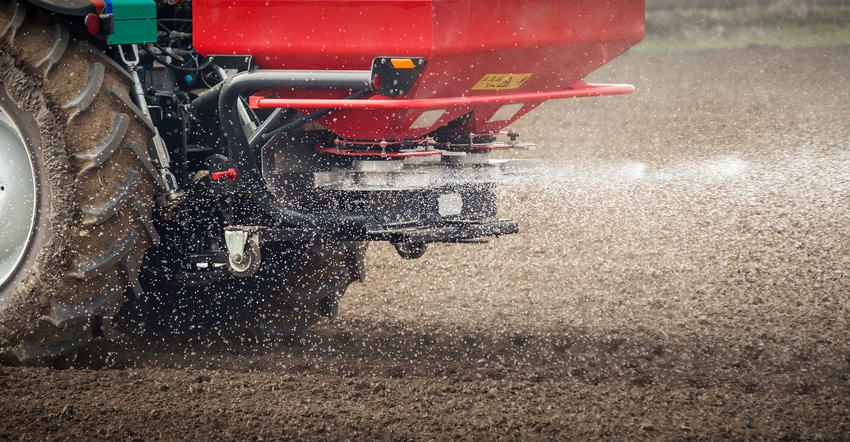
By Tatiana Freitas and Elizabeth Elkin
The world’s agricultural superpowers are divided over whether Russian fertilizers should be sanctioned as surging prices threaten to further stoke food inflation.
Brazil, the top exporter of everything from soybeans to coffee and sugar and the biggest importer of fertilizers, argues for keeping crop nutrients sanction free in the name of food security. The U.S., on the other hand, leans toward upping the ante against Russia.
“Maybe sacrifices are necessary to address the unjustified war that Russia has chosen to start,” U.S. Agriculture Secretary Tom Vilsack said during a virtual event organized by the United Nations’ Food and Agriculture Organization on Wednesday.
While sympathetic to those struggling to find affordable fertilizers, Vilsack said it’s necessary to take actions as Ukraine democracy is under siege. The USDA has been trying to cushion the impact of higher costs via efforts to reduce the use of crop nutrients.
To be sure, the U.S. is also a major fertilizer importer, bringing in nearly all its potash needs from Canada, according to Alexis Maxwell, an analyst at Bloomberg’s Green Markets. About a third of nitrogen used in the U.S. comes from abroad, largely the Middle East and Russia. On phosphate fertilizers, shipments come from Saudi and Australia.
But no other nation relies more on foreign products than Brazil. The South American nation ships in more than 85% of its fertilizer demand, with the dependency on imports exceeding 90% in potash and nitrogen. Russia, the main supplier, and Belarus, which is also under economic sanctions, account for a combined 28% of the total.
“Restraining fertilizer consumption may hurt crop yields, boost inflation and threaten food security,” Brazilian Agriculture Minister Tereza Cristina said. “We can create a bigger problem by worsening global hunger.”
She is in a series of meetings with authorities from fertilizer- producing nations to secure supplies for the country. Canpotex, a joint venture that markets potash for Nutrien Ltd. and Mosaic Co. outside North America, aims to increase sales to Brazil.
Nutrien said late Wednesday that the company will boost potash production capacity to about 15 million tons in 2022, an increase of nearly 1 million tons compared to previous expectations. Most of that volume is expected to be produced in the second half of the year.
However, adding to Brazil’s woes is the potential for a work stoppage at one of Canada’s largest railways. Canadian Pacific Railway Ltd. issued a notice that it plans to lock out employees early Sunday if the union’s leadership and the company fail to negotiate a settlement or agree to binding arbitration. The disruption is poised to create more uncertainty in fertilizer markets just as farmers need key nutrients to plant spring crops.
Agriculture leaders from nations that are part of the Inter-American Institute for Cooperation in Agriculture, or IICA, supported Brazil’s proposal during Wednesday’s meeting, including Uruguay and Paraguay. Vilsack was representing producers from North America.
© 2022 Bloomberg L.P.
About the Author(s)
You May Also Like




